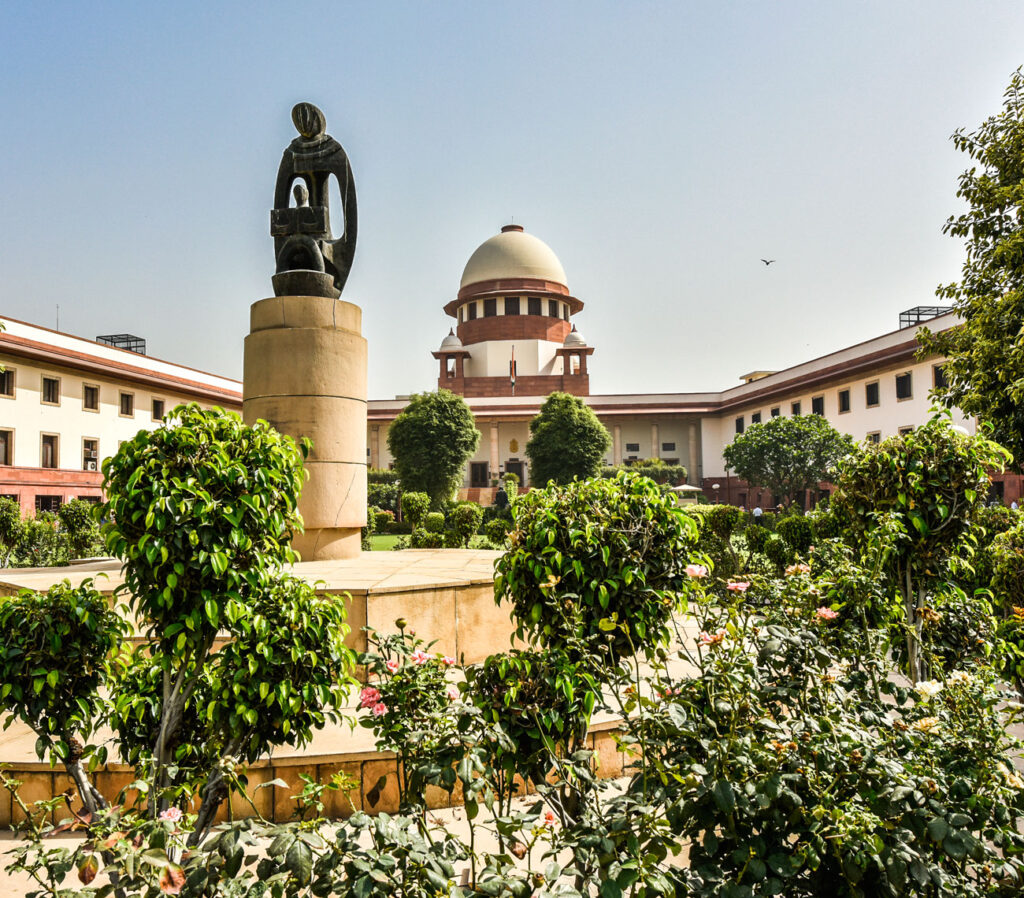New Delhi, Feb 8.
The Central government on Wednesday urged the Supreme Court to set aside a 2011 judgement which had held that mere membership of a banned outfit per se cannot be treated as an offence under the stringent Unlawful Activities Prevention Act (UAPA).
Though the central government had sought a review of the judgement way back in 2016, it came up before a three-judge bench, comprising Justices M.R. Shah, C.T. Ravikumar and Sanjay Karol, after a long gap today.
In 2011, a bench, comprising Justices Markandey Katju and Gyansudha Misra, ruled that mere membership was not enough to be an offence under the Act unless accompanied by any overt act of violence. The person must have either participated in violence or incited violence, it ruled.
The bench had also rejected the theory of guilt by association under the 1967 law. The ruling came in a case from Assam in which Arup Bhuyan was convicted for being a member of the banned ULFA.
Appearing for the centre in the review plea today, Solicitor General Tushar Mehta argued that the 2011 judgement was wrong as it had completely rewritten the UAPA even though the law was not under challenge on the basis of American jurisprudence.
In the American scheme of things, fundamental rights are absolute, he argued. Whereas in India, they are subject to reasonable restrictions. This includes the right to form an association. No one can form an association which is against India’s sovereignty and integrity, he said.
The right to form an association was not an unbridled right, he said, referring in this context to the recent ban on the Kerala based PFI. The right can be curbed under a statute on the ground of sovereignty and integrity of the country, morality and public order, he said.
Citing the UAPA provisions, he said that Parliament was well within its powers to draw up a law which makes mere membership of a banned outfit an offence.
He conceded that all such penal statutes would impinge to some degree on basic civil liberties but that would not make the law bad. There are enough checks and balances in the CrPC to take care of any misuse of the law, he claimed.
Mehta claimed that the 1967 law was not as harsh as the US Patriot Act. “The US Act is harsher.” In India, you cannot name a rape victim in the US you can, he argued, to show the cultural differences between the two countries.
The 2011 judgement had blindly followed American jurisprudence, he argued.
Opposing the review advocate Sanjay Parikh said that mens rea (or a guilty mind) was a necessary part of any offence. In absence of mens rea no one can be accused of any offence. The basic presumption of innocence would apply in absence of any mens rea, he said.
He will continue arguments in the case tomorrow. A host of petitions, challenging the legality of the Act, are still pending before the top court and are yet to be heard. Those could well come up for hearing after the reviews are decided.
If the review is dismissed it will translate into a legal continuity of sorts since 2011 but if it is disturbed as the Union wants, it will impact the fate of hundreds of accused charged under the UAPA for merely being members of a banned outfit.
These include members of the now banned SIMI and the PFI, which the government has dubbed as the SIMI’s latest version.

